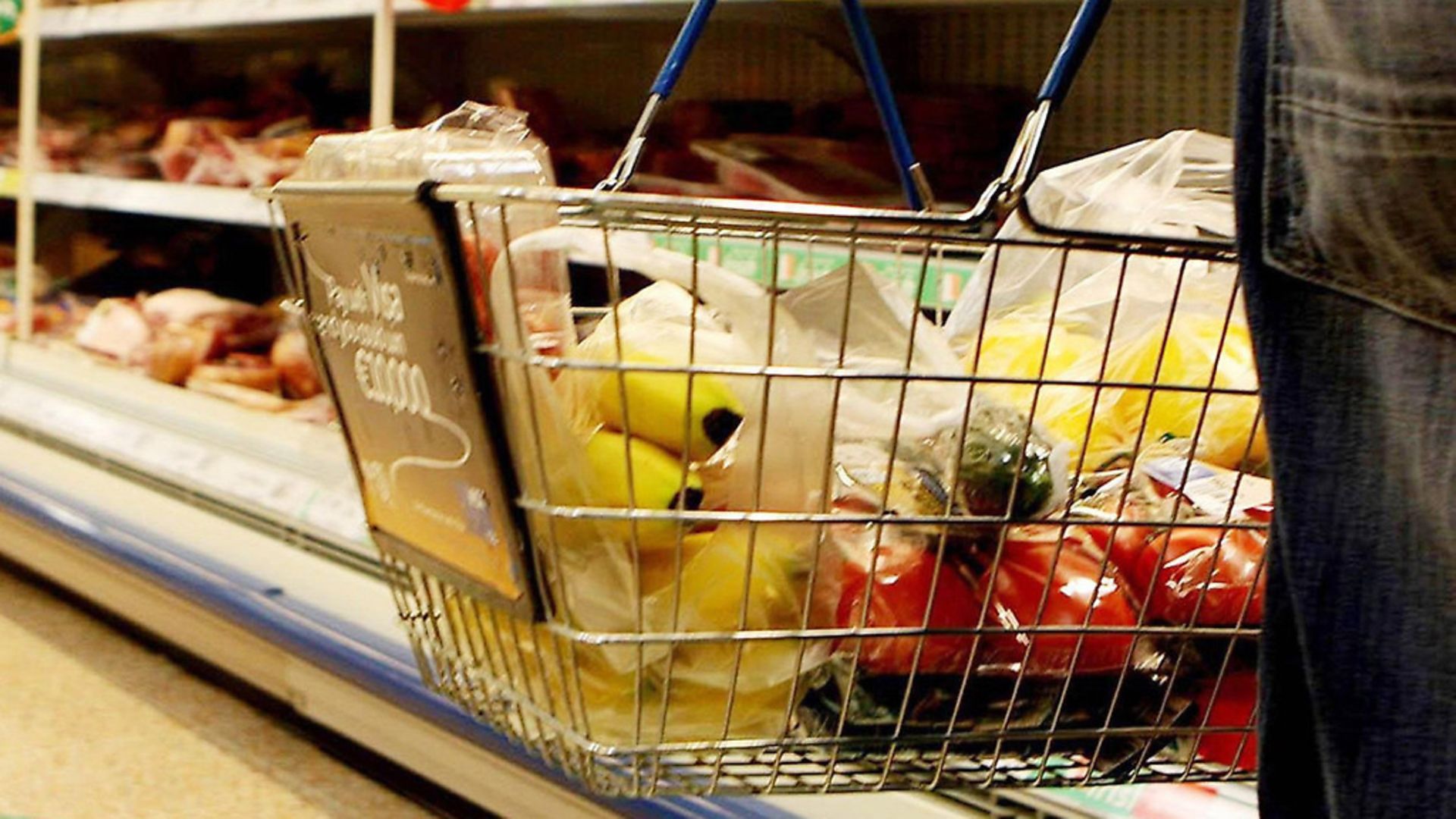
A professor has said that a no-deal Brexit could have cumulative effects on the UK’s food supply that would be ‘unprecedented in peacetime’.
Prof Tim Lang of the Centre for Food Policy also claimed that disruption in the supply of fresh food could be so severe that people may not be able to follow the government’s own public health advice.
Writing in the Lancet medical journal, he said that the government needs to be more transparent with the public about the issue, as most of our fresh food imports come from the EU or from trade deals made via the EU with countries like Egypt and Morocco. Nineteen per cent of our fruit and vegetables come from Spain alone, he noted. In the event of a no-deal Brexit, the UK’s ‘third country’ status in relation to the EU will see tariffs and extra paperwork apply at our ports, slowing the imports.
“The UK government’s planning assumption is now that at least half the trucks might be unable to have smooth border transit,” he wrote. “If so, the flow of trucks through the main UK ports, notably Dover, could drop by a third or more within one day of a no-deal Brexit. If this level of disruption continued for two to three months, the effects would be unprecedented in peacetime.”
He suggested on BBC Radio 4’s Today programme that the government would have to revise its own public health advice on eating fruits and vegetables, which we already don’t eat enough of. “Which is it to be?” he asked. “Is our public health advice to be followed, or is it to be abandoned? Because the disruption means it has to be abandoned.”
"Unless the government comes clean with the public about what it expects, they will panic."@ProfTimLang warns of serious implications for food supply in the event of no-deal Brexit #r4Today pic.twitter.com/o0tRClL23l
— BBC Radio 4 Today (@BBCr4today) August 5, 2019
Defra had replied to the Today programme saying there was a “highly resilient” food supply chain and access to a “range” of sources of food.
The government is preparing a £100 million public information campaign, but prof Lang called for greater transparency.
“Will this campaign share the government’s actual prognoses for what will happen within a day of a no-deal Brexit?” he asked, acknowledging that the government may not want to cause a food-buying panic with stark warnings.
“But the point is, unless the government comes clean with the public about what it expects, they will panic,” he told Radio 4. “At the moment there is no planning for the public to be informed, and people on low incomes will be affected.”
He predicted in the Lancet that, if food supply slows as he fears, food prices would rise above the 10% predicted by top civil servants. November is the end of the domestic growing season, at a time when companies are already pressured for the Christmas period. He added that food banks have already warned that they will not have enough food, volunteer support or storage space to cope with additional demand.










